This year, the Government will once again begin the process of renewing Ireland’s nitrates regulation and matters relating to the organic nitrogen derogation. As it does, it will rightly look at farming to see what, if anything, is new with regard to actions on water quality since the last review.
This part of the conversation will rightly point to improved on-farm nutrient management, with the increased use of low-emissions slurry spreading equipment such as the trailing shoe, which has been supported by TAMS.
The Government will also highlight the maximum participation in the Green Low Carbon Agri-Environment Scheme (GLAS), which focuses on multiple environmental actions, with some targeting water quality.
This programme started in 2018 and is a joint effort between Government, industry, the farming community and local authorities
However, the livestock sector as a whole can point to the new Agricultural Sustainability Support and Advisory Programme, or ASSAP as it is now better known across the country.
This programme started in 2018 and is a joint effort between Government, industry, the farming community and local authorities to help improve the quality of water in particular hotspots where it is seen as being problematic.
Individualised actions
ASSAP is collaboration with the farming community. It uses science provided by the Local Authority Waters Programme Office (LAWPRO) to help improve water quality. This same science is providing different solutions in different situations, as the cause of the problem is not necessarily uniform. This is helping to make it relatively attractive to farmers, with 96% engagement reported in the recent ASSAP interim report.
In the coming months, we will visit a number of these farmers to see what they have done and hear how they feel the measures have affected their businesses
Engagement itself can hardly be seen as a success, but this programme seems to be engaging the interest and intent of these same farmers. Advisers meet and interact at different levels with the farmers and the personalised approach offering individual advice seems to be going down well. The report indicates that farmers agreed to take on the measures proposed by their ASSAP advisers 89% of the time.
In the coming months, we will visit a number of these farmers to see what they have done and hear how they feel the measures have affected their businesses.
Individual attention
There can be little doubt that the role of the ASSAP adviser is important in this arrangement. Trust is a two-way thing – the more confidence a farmer has in the advice, the greater the change it will be implemented. It is a journey that they must walk together.
These specialist advisers have a clear focus on farm management advice in respect to the protection of water quality
There are now 29 dedicated ASSAP advisers working across the country, all capably guided by Teagasc. These specialist advisers have a clear focus on farm management advice in respect to the protection of water quality.
They provide farmers with free, confidential and voluntary advice. They produce farm-specific assessments, as well as plans to help prevent the loss of nutrients, sediment and pesticides into waterways. They also share the best practice for water quality protection with the wider farming community.
Adviser perspective
TJ Phelan in an ASSAP adviser working with Glanbia Ireland. He describes himself as the “boots on the ground”, working with farmers to improve water quality: “It’s a busy and rewarding role. We attend community meetings organised by LAWPRO and these discuss how to address the challenges of water quality improvement together.
“The challenge is to focus on the solutions that will make the difference. To do this successfully, we try to park the blame game. What is particularly interesting to see at these meetings is how the community as a whole values its water resource, the need to protect it, and the amenity it provides. Whether a problem arises from a local waste water treatment plant, a septic tank, or a crack in a silage slab, these meetings agree that it must be prevented and that we all have a role in protecting our local water resource.”
It’s not as simple as a clear stream is a clean stream
The advisers also organise meetings and riverside walks with farmers. TJ explained: “There is nothing like getting out in the field or into the river or stream with farmers, to help make this conversation real. The farmer meetings provide opportunities to focus in on farming-specific water quality challenges and to talk through proposed solutions. The riverside walks give farmers the opportunity, possibly for the first time, to talk and think about what is actually in the water, or not.
“It’s not as simple as a clear stream is a clean stream. The LAWPRO catchment scientists have talked to us about different bugs, flies and invertebrates that live in or around flowing water. We have to figure out the good ones from the not-so-good ones. It’s an eye-opener,” he added.
The programme can identify the exact water quality issue in a local area and the advisers work with farmers to resolve it
“The one-to-one advisory service is helped greatly by the scientific guidance provided by LAWPRO scientists for the water quality challenges on individual farms. The scientific reports we get from LAWPRO enable us to have informed discussion with farmers. They tell us if, for example, high levels of nitrogen or phosphorous are the particular problem. Sometimes it might be a sediment loss issue.”
TJ believes one of the reasons for the high farmer participation is because the ASSAP programme is voluntary. The programme can identify the exact water quality issue in a local area and the advisers work with farmers to resolve it.
He says farmers care about their environment and water quality. They have never been told to associate actions with harms and they appreciate the direction now being provided.
Dairy farmer Cathal Moran from Skeoughvosteen, Co Kilkenny, is one of the many farmers throughout the country taking part in the voluntary ASSAP programme. He is glad to avail of the focused advisory service it provides.
Cathal believes that most farmers want their farms to be sustainable, and part of this means protecting, not ‘the’ environment, but ‘our’ environment.
“I want to continue to improve and progress my business here on the farm. I need to do it for myself, and I want to do it for my family. I want to do it in a sustainable manner and I am very happy to get help from others.
“I would very much like to pass on this farm in even better condition than when I took charge.
Much of what we were doing came from production-driven advice
“Addressing water quality and wider environmental challenges should not be about imposing more and more regulations and costs on the farming sector. Farmers generally want to do the right thing and we need good guidance and support to achieve this.
“Much of what we were doing came from production-driven advice. While this is still extremely important, so too is our environment. That is why the ASSAP programme makes sense to me.
“The help I get from my adviser, TJ, has been important to me. I have already taken things from his riverside walks that I want to implement. I also know they will have a quick and positive impact.
“However, there are other measures that require a longer payback, which will need support. But, all in all, it is helping me get on the right track for the future,” Cathal said.



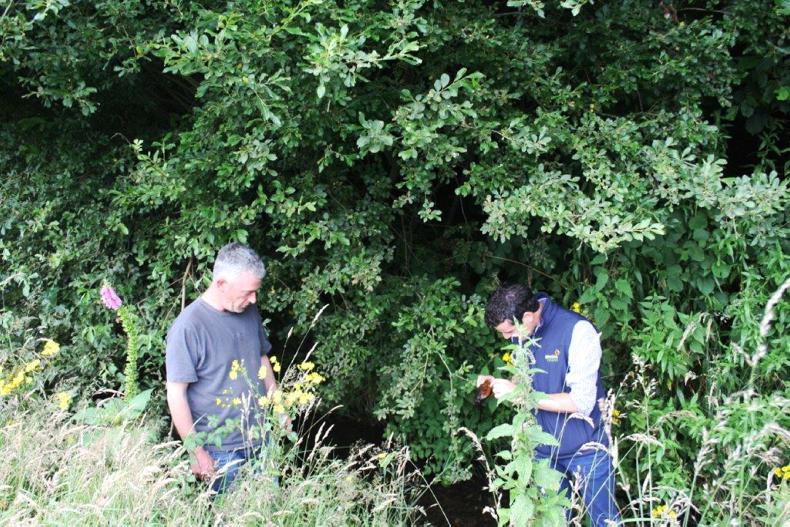
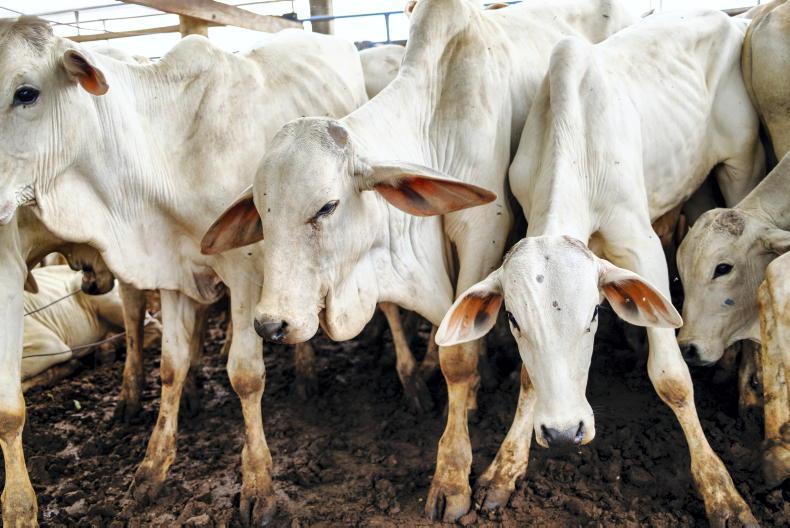
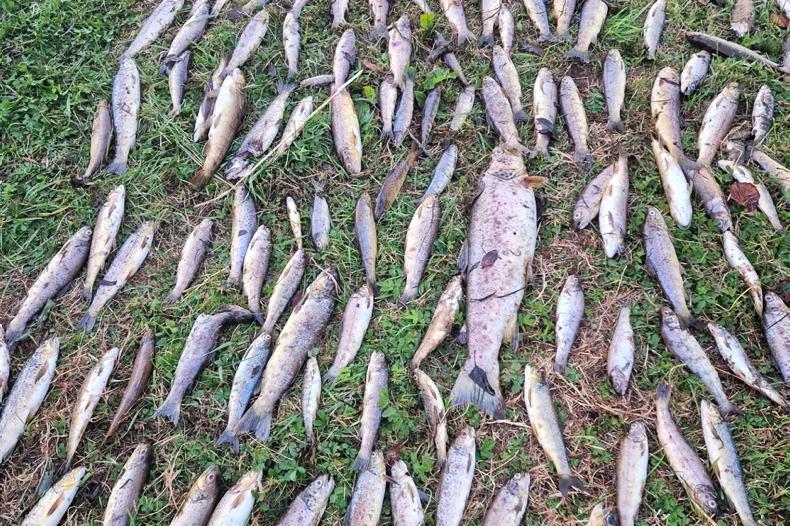
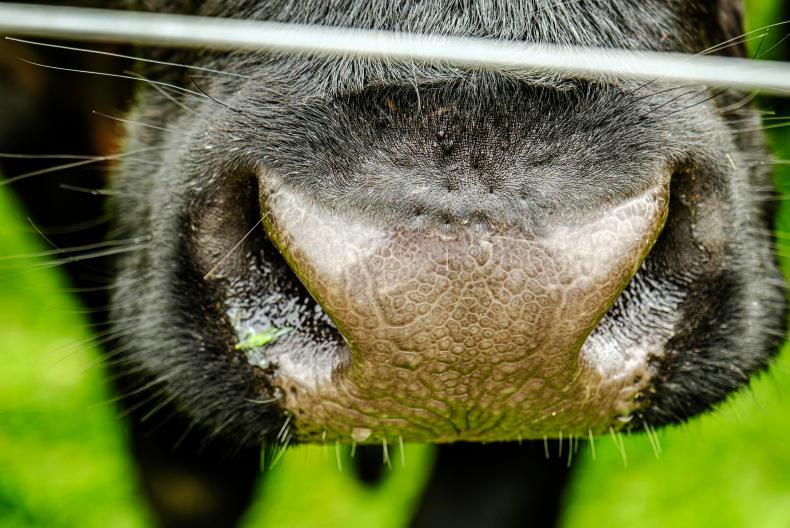
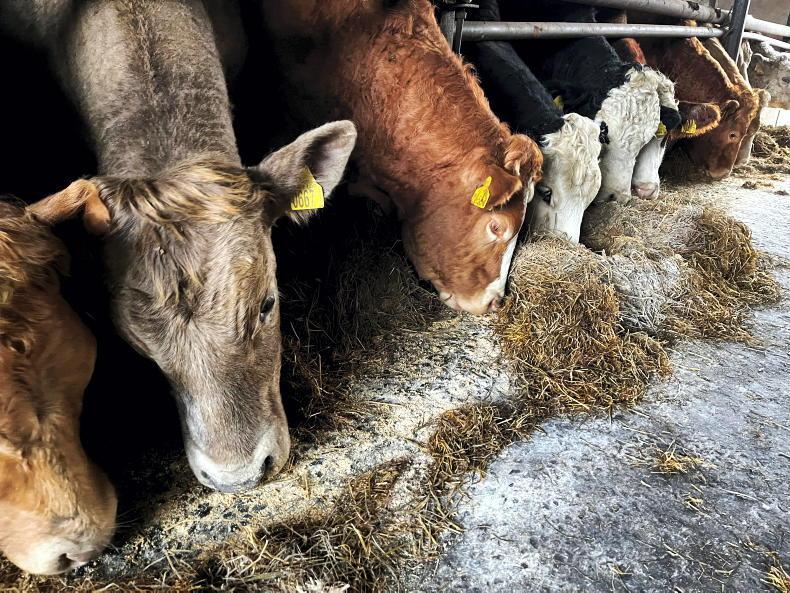
SHARING OPTIONS